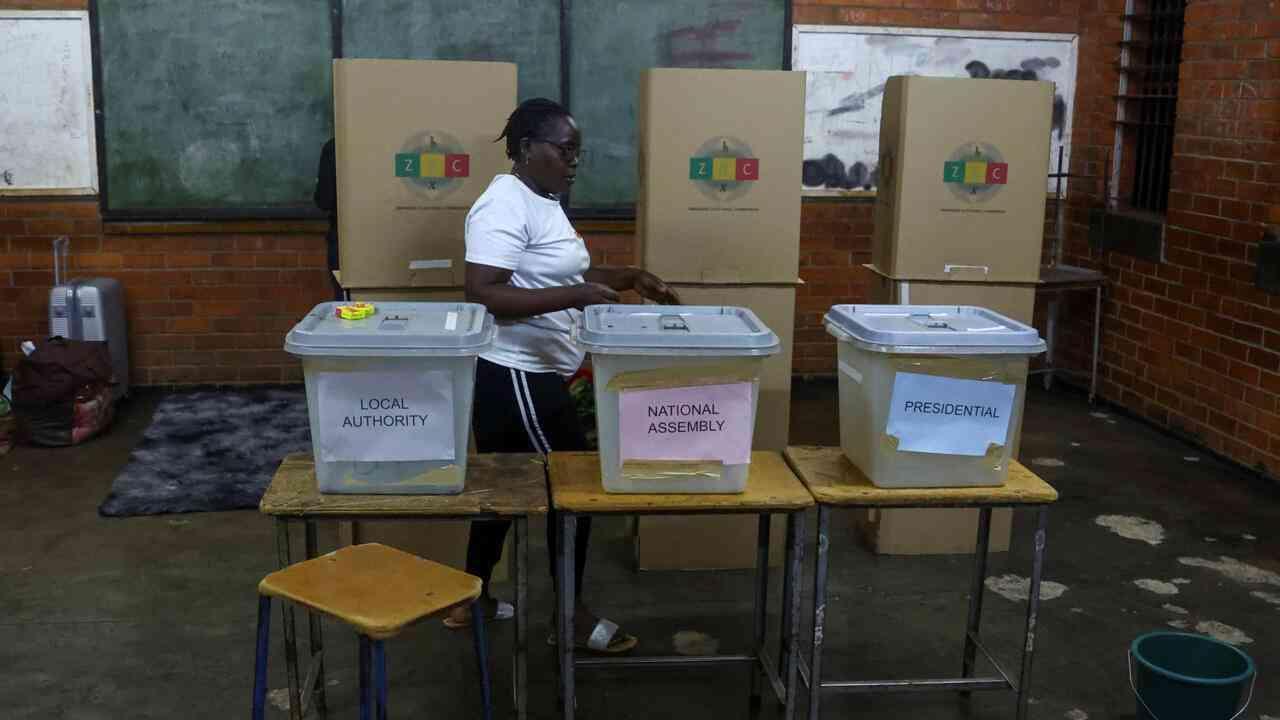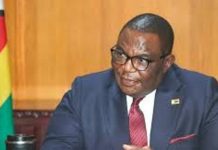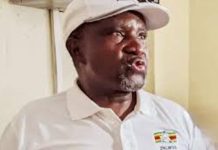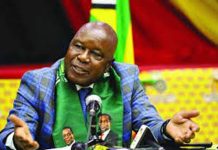Africa-Press – Zimbabwe. A NEW Afrobarometer report has revealed that nearly eight in 10 Zimbabweans firmly support choosing their leaders through elections and oppose the ruling Zanu PF party’s resolution to extend President Emmerson Mnangagwa’s term without a poll.
The report, titled Keeping the faith: Zimbabweans express support for elections, concern over process, found that 79% of citizens prefer regular, open and honest elections from the local to the presidential level.
This sentiment places them in direct opposition to Zanu PF’s “2030 agenda”, a senior party members’ constitutional amendment proposal that would postpone the 2028 elections and extend Mnangagwa’s tenure by two years.
The strong support for electoral democracy has remained consistent over the past two decades, despite that the country’s elections have been frequently marred by violence, corruption and contested outcomes.
The report noted that despite a history of alleged police brutality, voter intimidation and electoral irregularities, the public’s faith in the principle of elections remains unshaken.
“Four in five Zimbabweans (79%) support choosing their leaders through regular, open and honest elections, while 21% favour alternative methods,” the report read.
“Among 38 African countries surveyed in 2024/25, Zimbabweans’ support for elections is above average (74%).
“Among citizens who trust Zec [Zimbabwe Electoral Commission] ‘a lot’, nine in 10 (90%) support elections, compared to 70% of those who trust it ‘not at all’.”
The report stated that fewer than half (49%) of respondents trust Zec “somewhat” or “a lot”, while trust falls sharply as educational attainment rises.
“A slim majority (52%) of Zimbabweans rate the 2023 elections as ‘completely free and fair’ or ‘free and fair with minor problems’,” the report read.
“Three-fourths (76%) of citizens say they are free to choose whom to vote for without feeling pressured, up from 65% in 2009.
“Fear of political intimidation or violence during election campaigns declined sharply over the same period, from 83% to 31%.”
The report contextualises these findings against Zimbabwe’s recent political history, including the military coup that toppled long-time President the late Robert Mugabe in 2017 and the violent 2008 presidential run-off.
“The share of citizens who would welcome alternative methods of leadership selection continues to hover around one-fifth (21% in 2024),” the report read.
“Support for elections is weaker among youth (75%) than among their elders (80%-87%) and decreases as educational attainment rises (from 82% among adults with primary education or less to 74% among degree-holders)”.
The report also highlights a concerning decline in voter turnout, which dropped to 68,9% in 2023 from 82,5% in 2018, a trend non-governmental organisations attribute to eroding faith in the electoral process.
The study underscores that trust in Zec is a critical factor.
While trust has fluctuated, it has never been held by a majority of the population for an extended period.
The report notes significant demographic divides: rural residents (56%) trust Zec more than urbanites (39%) and trust is more than twice as high among those with only a primary education (65%) compared to university graduates (29%).
The Afrobarometer survey, conducted by the Mass Public Opinion Institute in June 2024, involved a nationally-representative sample of 1 200 adult Zimbabweans and has a margin of error of +/-3 percentage points.
For More News And Analysis About Zimbabwe Follow Africa-Press






